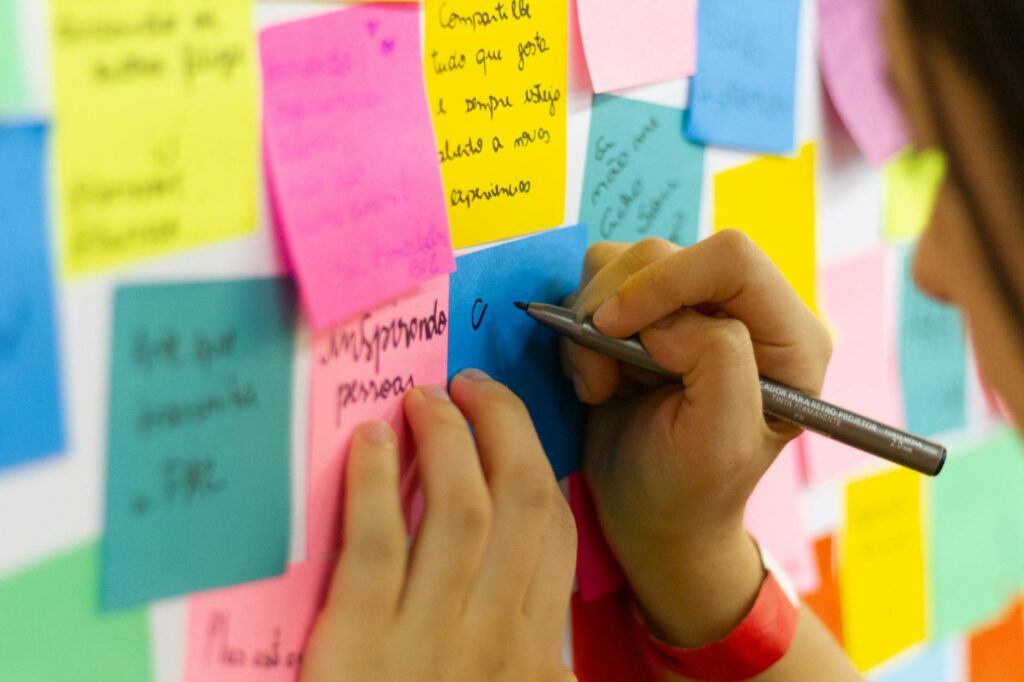What is meeting agenda templates?

What is Meeting Agenda Templates?
Meeting agenda templates are essential tools that help streamline communication and enhance productivity during meetings. They serve as a roadmap, guiding discussions and ensuring that all necessary topics are covered efficiently. Utilizing a well-structured agenda can significantly improve the quality of meetings, helping teams stay focused and aligned on their objectives.
Understanding Meeting Agenda Templates
Definition of Meeting Agenda Templates
A meeting agenda template is a pre-structured document that outlines the topics and goals for a specific meeting. It typically includes several key components such as:
- Meeting Title and Date: Clearly states what the meeting is about and when it will occur.
- Participants: Lists attendees, ensuring everyone knows who will be present.
- Agenda Items: Details topics to be discussed, often arranged in order of priority.
- Time Allocations: Assigns time limits for each item to keep the meeting on track.
- Responsible Persons: Identifies who will lead each discussion point.
By having these components in place, a meeting agenda template serves as a foundation for effective communication and decision-making.
Purpose and Benefits of Using Meeting Agenda Templates
Using meeting agenda templates offers numerous advantages. They streamline meetings by providing a clear structure, which helps participants prepare in advance. With a focused agenda, discussions become more productive, reducing the likelihood of digressions or misunderstandings.
Moreover, agenda templates can enhance accountability. By assigning tasks and responsibilities, everyone knows their role and what is expected of them. This clarity can lead to better follow-up actions and improved outcomes from meetings. Ultimately, the benefits include:
- Increased productivity
- Better time management
- Enhanced participation and engagement
- Improved clarity and focus
Types of Meeting Agenda Templates
Meeting agenda templates can vary based on the context of the meeting. Here are some common types:
Standard Meeting Agenda Template
A standard meeting agenda template typically includes essential elements such as:
- Opening: Welcoming remarks and introductions.
- Review of Previous Minutes: A brief recap of the last meeting’s discussions.
- New Business: Main topics to be addressed.
- Closing: Summary and next steps.
This template is versatile and can be used for various meetings, from team check-ins to organizational updates.
Project Meeting Agenda Template
A project meeting agenda template focuses specifically on project-related discussions. It often includes:
- Project Updates: Progress reports on tasks or milestones.
- Challenges and Risks: Discussion of potential issues impacting the project.
- Resource Allocation: Review of resource needs and assignments.
- Next Steps: Action items for project advancement.
This type of agenda ensures that all project-specific concerns are addressed, promoting better collaboration among team members.
Team Meeting Agenda Template
A team meeting agenda template is tailored to address team dynamics and collaboration. Key features might include:
- Team Goals and Objectives: Discussion of overall team performance.
- Individual Updates: Time for each team member to share progress.
- Feedback and Recognition: Opportunities to provide input and celebrate successes.
This format fosters a sense of community and keeps everyone aligned with team objectives.
Creating Effective Meeting Agenda Templates
Creating a meeting agenda template involves careful consideration of several factors. To maximize efficiency, here are practical tips:
Essential Elements to Include
Always ensure your meeting agenda template contains the following components:
- Title and Date: Quickly inform participants about the meeting.
- Participants: Know who will be involved.
- Agenda Items: Clearly outline topics for discussion.
- Time Allocations: Keep discussions concise.
- Follow-up Items: Ensure accountability for action items.
By including these elements, you can create templates that guide meetings toward productive outcomes.
Best Practices for Customization
Every meeting is unique, so customizing your agenda template is crucial. Here are strategies for effective customization:
- Align with Meeting Objectives: Tailor agenda items to match the specific goals of the meeting.
- Consider Participants’ Needs: Adapt the agenda based on who will attend, ensuring relevant topics are prioritized.
- Use Visual Aids: Incorporate charts or bullet points for clarity.
Customizing your agenda not only helps maintain focus but also encourages participation from attendees.
Utilizing Meeting Agenda Templates for Enhanced Productivity
Using meeting agenda templates effectively can lead to improved time management and overall productivity in your organization.
Setting Clear Objectives
Before a meeting, ensure the objectives are clear. A well-defined agenda helps participants prepare and aligns discussions with the meeting’s goals. For example, if the agenda states that a decision needs to be made on a specific topic, participants can come prepared with the necessary data and insights. This clarity fosters more productive conversations, driving better outcomes.
Follow-up and Accountability
Incorporating follow-up items in your agenda template is essential for accountability. By specifying action points and assigning responsibilities, you create a clear path for what needs to happen after the meeting. This not only reinforces the importance of the discussions but also helps track progress over time. For further insights on effective follow-up strategies, consider exploring resources that discuss how to write follow-up agendas.
Conclusion
Meeting agenda templates play a crucial role in facilitating productive meetings. By providing structure and clarity, they enhance communication and ensure that all relevant topics are covered. Implementing these templates can lead to significantly improved team efficiency and effectiveness. So, consider integrating meeting agenda templates into your practices to transform your meetings into powerful tools for collaboration and action. If you’re looking for customizable options, you might want to check out platforms like Canva or Microsoft that offer a range of templates designed for various needs.

Photo by Bruno Bueno